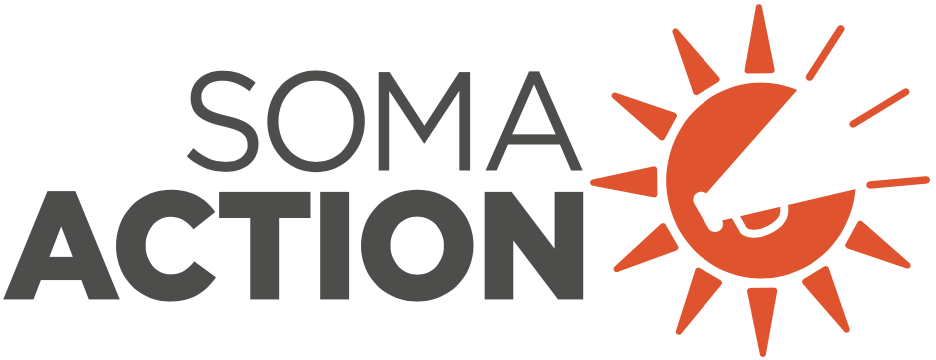
The SOMA Action Climate Committee
Contacts: Phoebe Spanier
SOMA Action Climate Committee is made up of local volunteers in South Orange and Maplewood who are passionate about advocating for equitable solutions to protect our natural environment and fight climate change at the local, state, national and global levels. Our Committee is comprised of several working groups:
Transportation
Advocates for improved pedestrian, bicycling and public transit access locally and regionally
Eco-Friendly Yards
Informs our community about environmentally friendly yard practices
Water Conservation
Recommends best practices for conserving water via habit changes, easy retrofits and more
Playing Fields
Educates residents and decision makers about natural vs. synthetic playing field turf
Legislation
Shares and participates in actions around climate-related legislation
INFO TO COMEComposting
Promotes composting of organic materials like garden waste and food waste
INFO TO COMEBuilding Decarbonization
Educates building owners and occupants on electrification and energy efficiency
INFO TO COMEAnd feel free to reach out about any additional environment-related initiatives that you would like to spearhead!
We aim to hold our elected officials and leaders accountable for their votes and actions while also showing residents of our community what we can do in our own lives to care for our environment. We partner with other environmental and social justice groups in our two towns and across the state.
Subscribe to the Climate Committee List!
Contact somaactionclimate@gmail.com to receive news and updates

